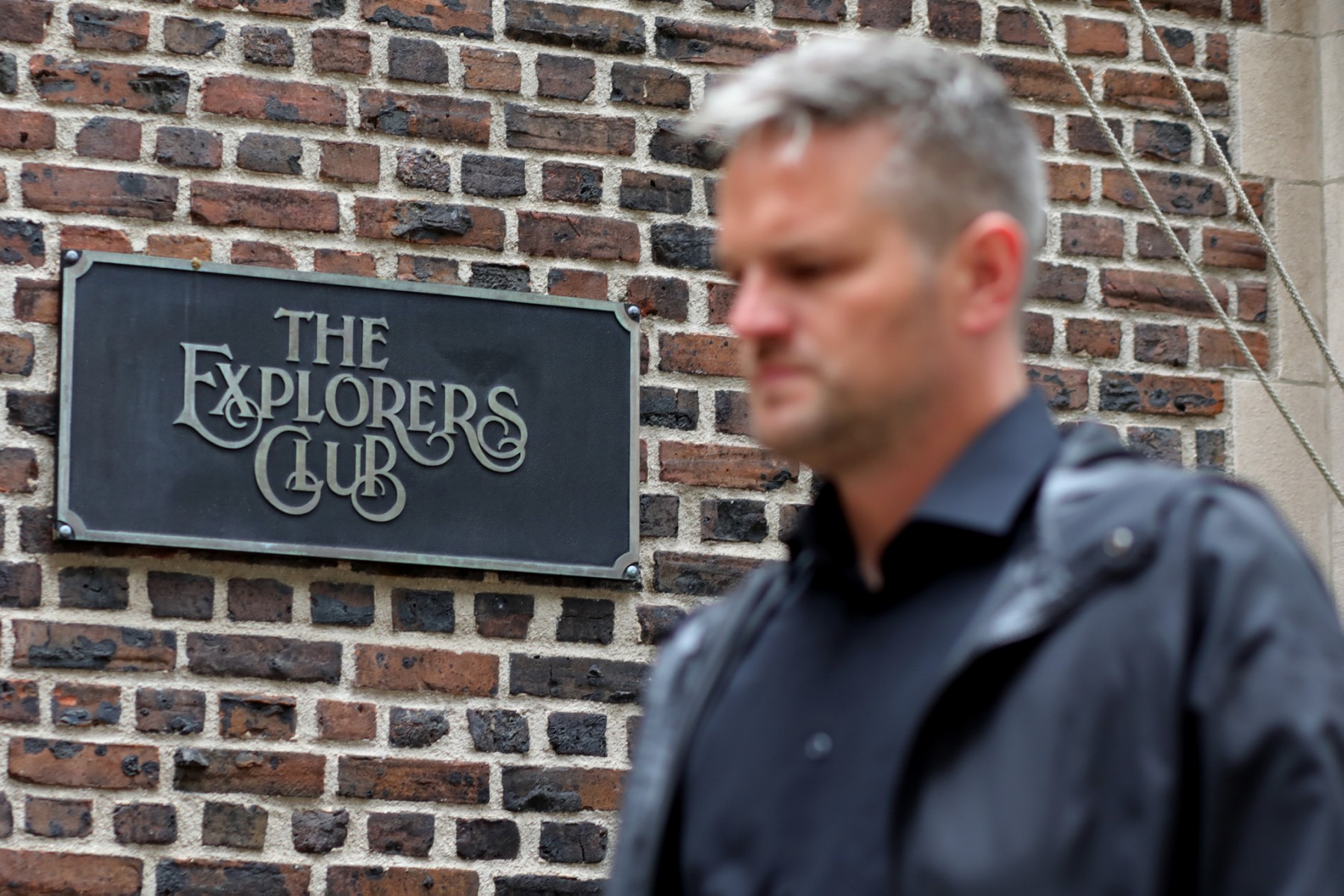London, United Kingdom – Titanic submersible pilot Stockton Rush was “extremely” serious about safety, his former business partner said Friday after mounting criticism following a deadly implosion.
“Titanic” movie director James Cameron has accused OceanGate Expeditions of ignoring safety warnings, after Rush and four other people were lost in the disaster while descending to the North Atlantic shipwreck.
William Kohnen, chairman of the Manned Underwater Vehicles Committee, a voluntary industry body, said OceanGate was “not willing” to undergo a standard certification process for the Titan submersible.
But Guillermo Soehnlein, who started OceanGate with Rush in 2009 before leaving the company in 2013, denied his late friend was reckless.
“He was extremely committed to safety,” Soehnlein told Britain’s Times Radio, while stressing he was not involved in Titan’s experimental design.
“He was also extremely diligent about managing risks, and was very keenly aware of the dangers of operating in a deep ocean environment,” he said.
Soehnlein noted that Cameron himself had conducted many submersible descents, including more than 30 to the Titanic site, and to the Earth’s deepest point in the Pacific Mariana Trench.
“I think he was asked about a similar risk and he said, ‘look, if something happens at that depth, it will be catastrophic in a matter of microseconds’.
“To the point where the implosion happens at almost supersonic speeds and you’d basically be dead before your brain could even process that anything was wrong.”
Kohnen told BBC radio that his Los Angeles-based committee raised safety concerns in 2018 about OceanGate’s development of Titan.
But the company wanted to go its own way, despite the committee’s warning the project’s development could have “negative outcomes from minor to catastrophic that could have serious consequences”.
Voluntary industry regulations were “written in blood” to prevent just such an outcome, he said, adding: “We’re only smart because we remember what we wrote and what we did wrong last time.”
Soehnlein stressed it was too soon to say what happened to the Titan and that it was “tricky to navigate” to formulate global regulations for ultra-deep submersibles.
But deep-sea exploration should continue despite the tragedy, he said.
“Just like with space exploration, the best way to preserve the memories and the legacies of these five explorers is to conduct an investigation, find out what went wrong, take lessons learned and then move forward.”








